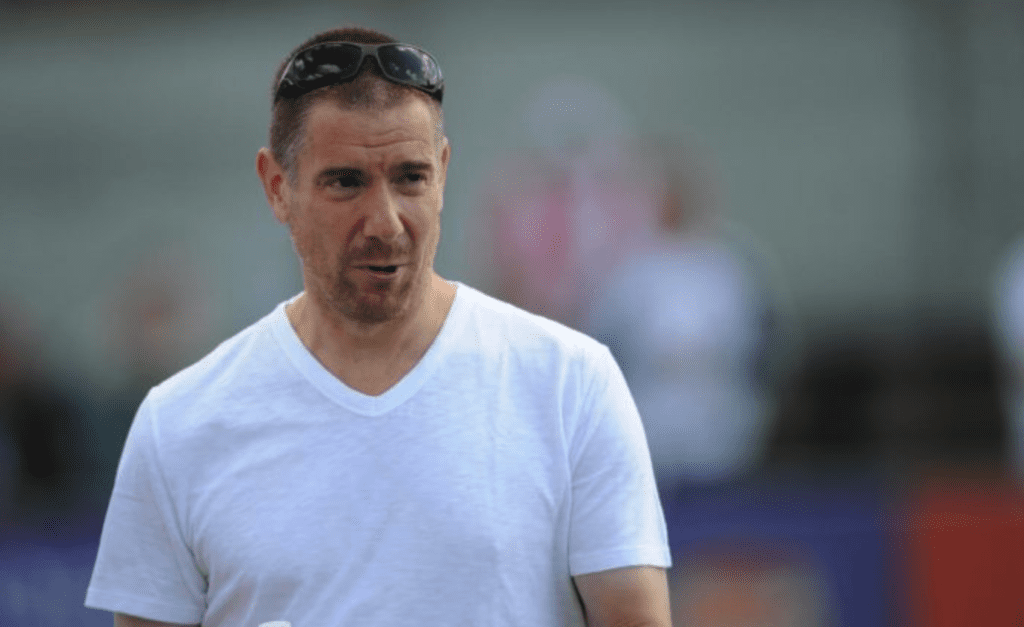Analytics, Betting and a Football Club – The Brentford Success Story

Using analytics and his knowledge of betting, Matthew Benham changed the fortunes of Brentford Football Club to make it a success
Brentford FC was promoted to the English Premier League last year after defeating Swansea in the Championship Play-off Final — a promotion that comes with a guaranteed $300 million in revenue.
Matthew Benham, a former University of Oxford physics student, obtained his bachelor’s degree in 1989 and went on to work for the next twelve years in investment banking and insurance before being promoted to vice president at Bank of America.
At some point in 2001, Benham made a decision that would change the course of his life. Premier Bet offered him the opportunity to learn from one of the world’s most successful gamblers, Tony Bloom. To aid in the development of predictive gambling models based on analytics, Benham’s new position needed him to know about finance.
Two years later, Benham and Bloom had a falling out, but the fire had already been started when Benham departed Premier Bet. His career in investment banking was not something he was likely to return to any time soon. Now he was a full-time pro at sports betting.
Although he’d only been betting professionally for two years, Benham had become an expert in sports betting thanks to his extensive training and experience. Benham founded his betting syndicate, Smartodds, in 2004 when his good fortune in sports betting paid off handsomely.
With the analytics he had gained over the years, he would assist his clients in making informed decisions about their businesses. Benham became the proprietor of the prominent betting exchange Matchbook after the success of Smartodds.

In 2007, Brentford FC was in financial hardship. Brentford FC became the first professional club in London to be owned by its fans when their supporters pooled their resources to buy the team. There was, however, a catch: a “mystery investor” loaned 700,000 dollars toward the acquisition of the club. It was Matthew Benham.
Matthew Benham is a lifetime Brentford FC supporter. When he was 11, he went to his first game and still recalls the score.
If the fans refused to pay back the debt, he could buy the club outright. As it turned out, the club’s fans did not pay back, and Benham became the new owner in 2012.
Matthew Benham, on the other hand, had a different strategy than other wealthy people who buy lower-tier clubs, invest in players, staff, and resources, and aim to earn premier league promotion. He intended to implement “Moneyball”-style analytics.
FC Midtjylland, a Danish team with a smaller fan base, had already been purchased by Benham for roughly $10 million. He used FC Midtjylland as a guinea pig for his analytics concepts before implementing the ones that worked at Brentford. The ones that didn’t work, he threw out the ideas.
He sacked several employees and replaced them with more analytically-minded individuals who had no prior expertise in the industry. The team has ceased to be obsessed with winning and losing. It wasn’t long before they came up with a set of metrics that could tell them whether or not they were making progress.
In Brentford FC’s case, they began to pay more attention to “expected goals” than how many goals a player scored in a match. Expected goals were based on the quality and quantity of chances in a match
As time went on, the championship team began identifying and developing undervalued players and then selling them at a large profit.
Here are a few examples:
A $3.8 million investment by Brentford in Said Benrahma led to a $40 million sale to West Ham.
For Ollie Watkins, Brentford shelled out $2.3 million, before selling him to Aston Villa for $36 million in the end.
Neal Maupay was purchased by Brentford for $2.1 million and later sold to Brighton & Hove Albion for a fee of $26 million.
Brentford FC opted to do away with its youth academy altogether, while the world’s best teams were pouring millions of dollars into theirs. That team was made up of 17- to 20-year olds who had been deemed surplus to requirements by other clubs.
This is because Brentford believed that a young player’s value can only be determined after 35 games, whilst the richest teams in the world simply don’t have the thinking to do so. Brentford, a tiny team that was prepared to try new things, did just that.
There were no immediate results but Brentford’s return to the Premier League after more than 70 years in the lower tiers of English football shows that the club’s scientific approach worked.
If Brentford FC can stay in the Premier League for a long period, then the financial impact of promotion will become clearer.
If they are demoted after one season, like 40% of promoted clubs are, they will make anywhere between $250 and $300 million. A second year would bring in well over $400 million if they can do it. They’ll make more money the longer they stay up.
To test the long-held belief that mathematical models cannot predict future performance in professional soccer is challenged, it will be intriguing to see how Brentford’s success could be measured.



